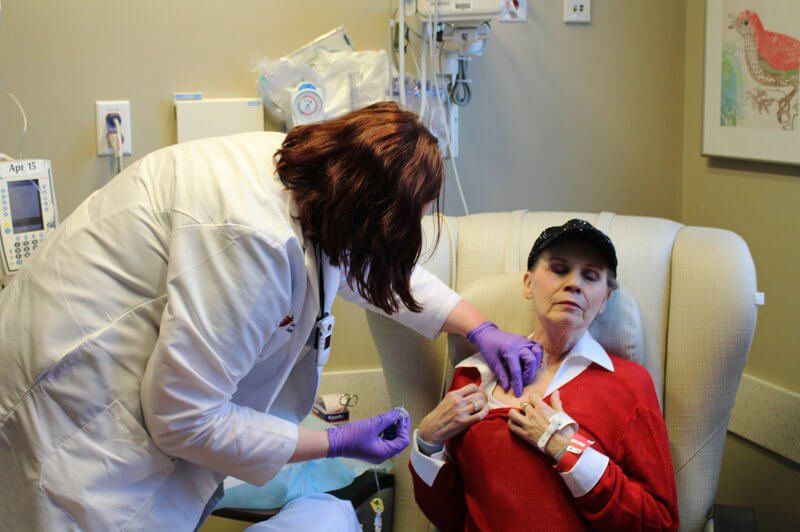Scientists have used artificial intelligence to predict how cancers will progress and evolve, which could help doctors design the most effective treatment for each patient.
A team led by the Institute of Cancer Research, London (ICR) and the University of Edinburgh developed a new technique known as Revolver (Repeated evolution of cancer), which picks out patterns in DNA mutation within cancers and uses the information to forecast future genetic changes.
…
But if doctors can predict how a tumour will evolve, they could intervene earlier to stop cancer in its tracks before it has had a chance to evolve or develop resistance, increasing the patient’s chances of survival.
…
Researchers used 768 tumour samples from 178 patients reported in previous studies for lung, breast, kidney and bowel cancer, and analysed the data within each cancer type respectively to accurately detect and compare changes in each tumour.
By identifying repeating patterns and combining this with current knowledge of cancer biology and evolution, scientists could predict the future trajectory of tumour development.
If tumours with certain patterns are found to develop resistance to a particular treatment, this novel methodology could be used to predict if patients will develop resistance in the future.
Read full, original post: Artificial intelligence used to predict how cancers will evolve and spread































